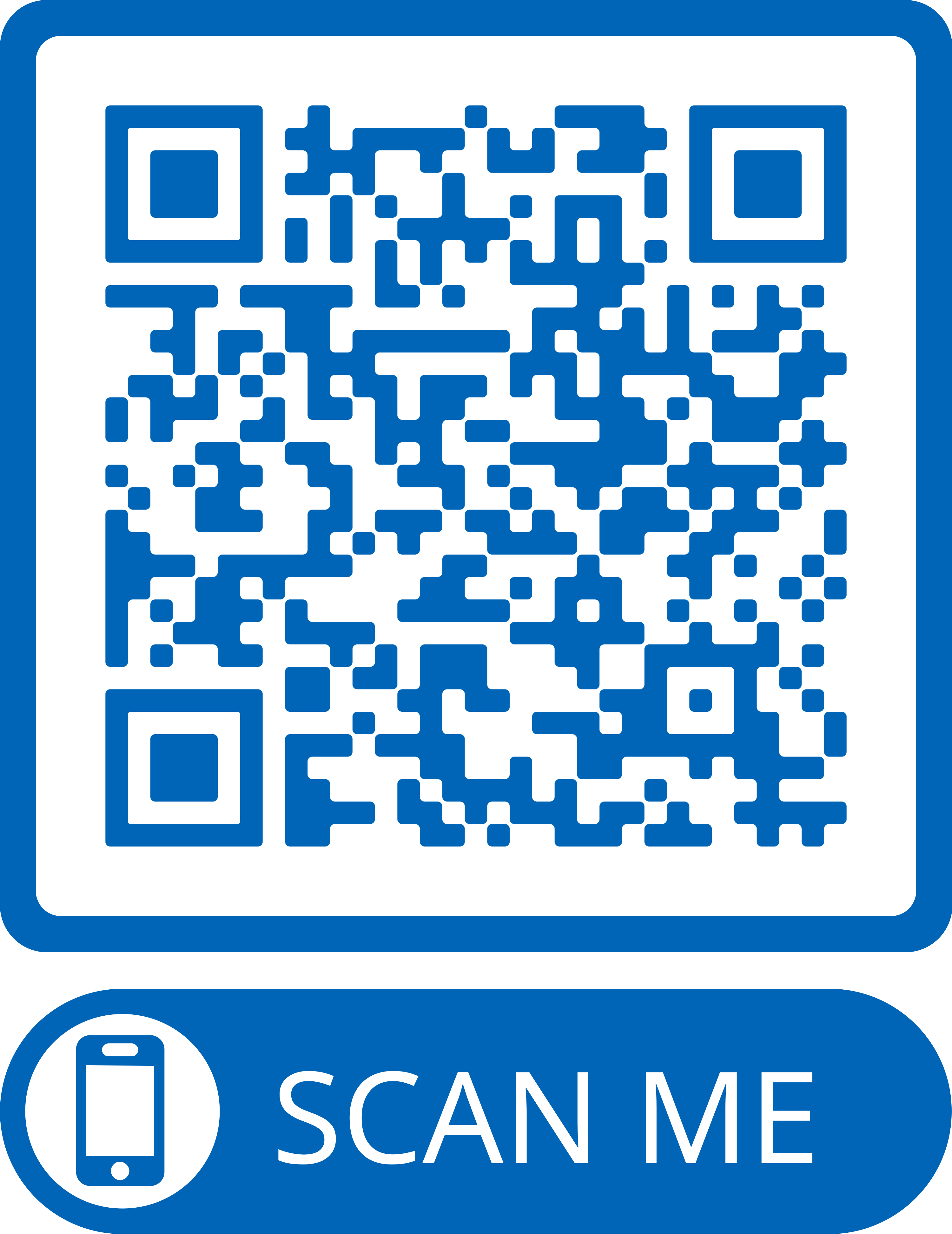- Reference Number: HEY233/2023
- Departments: ENT
- Last Updated: 30 November 2023
Introduction
This leaflet has been produced to give you general information about your procedure. Most of your questions should have been answered by this leaflet. It is not intended to replace the discussion between you and the healthcare team, but may act as a starting point for discussion. If after reading it you have any concerns or require further explanation, please discuss this with a member of the healthcare team.
What is FNA?
You have probably noticed a swelling or lump and following a discussion with your doctor he has advised that you have a Fine Needle Aspiration (FNA).
An FNA is a small biopsy, using a needle and syringe to remove a few cells from the swelling or lump. These cells are then taken to the histology department to be looked at by the cytologist. The cytologist will then be able to tell your doctor what has caused the swelling or lump. Occasionally the test may need to be carried out more than once, in order to make a diagnosis.
Occasionally a larger biopsy may be required. Your doctor will discuss this with you, should this be the case.
Once the doctor has the results of the biopsy, they will discuss with you what the results are and if any further treatment required.
Why do I need an FNA?
An FNA is required to help find the cause of the swelling or lump and to aid the doctor to decide on the most appropriate treatment for you.
Can there be any complications or risks?
- The procedure can sometimes be a little uncomfortable, but it should only take a few minutes to complete.
- There is a very slight risk of infection, bleeding or inflammation to the area, where the needle has been inserted.
- A small plaster or dressing will be applied to cover the area until it heals.
What will happen?
- The nurse will call you in to the consulting/treatment room, in order for you to see the doctor.
- The doctor will then perform the FNA procedure. They will be assisted by a nurse.
What happens afterwards?
- It may take a short time for you to recover.
- The doctor will discuss the results with you as soon as they are available.
- Any further treatments, tests, follow up appointments will be discussed with you by the doctor.
Should you require further advice on the issues contained in this leaflet, please do not hesitate to contact the ENT, Head and Neck Department tel: 01482 468380.
General Advice and Consent
Most of your questions should have been answered by this leaflet, but remember that this is only a starting point for discussion with the healthcare team.
Consent to treatment
Before any doctor, nurse or therapist examines or treats you, they must seek your consent or permission. In order to make a decision, you need to have information from health professionals about the treatment or investigation which is being offered to you. You should always ask them more questions if you do not understand or if you want more information.
The information you receive should be about your condition, the alternatives available to you, and whether it carries risks as well as the benefits. What is important is that your consent is genuine or valid. That means:
- you must be able to give your consent
- you must be given enough information to enable you to make a decision
- you must be acting under your own free will and not under the strong influence of another person
Information about you
We collect and use your information to provide you with care and treatment. As part of your care, information about you will be shared between members of a healthcare team, some of whom you may not meet. Your information may also be used to help train staff, to check the quality of our care, to manage and plan the health service, and to help with research. Wherever possible we use anonymous data.
We may pass on relevant information to other health organisations that provide you with care. All information is treated as strictly confidential and is not given to anyone who does not need it. If you have any concerns please ask your doctor, or the person caring for you.
Under the General Data Protection Regulation and the Data Protection Act 2018 we are responsible for maintaining the confidentiality of any information we hold about you. For further information visit the following page: Confidential Information about You.
If you or your carer needs information about your health and wellbeing and about your care and treatment in a different format, such as large print, braille or audio, due to disability, impairment or sensory loss, please advise a member of staff and this can be arranged.

